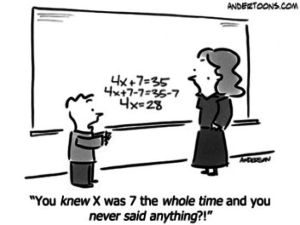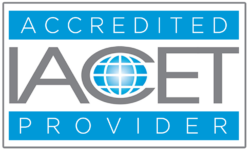
“Telling my students the answer does not help them learn; in fact, it stops their learning”. (Carter 2008)
Through countless observations and experiences, it is my belief that the majority of teachers have this irresistible urge to rescue students who may be struggling through a task. Sheepishly, I’ll admit to actually taking a pencil out of a scholar’s hand and solving the problem myself, thus robbing her of the opportunity to fight through discomfort and come out “smarter” on the other end. (Please accept my apology dear scholar.)
So often, it’s how we deal with difficult moments in life that helps us grow, learn, and then grow some more! It’s moments of struggle that allow us the opportunity to change course and try a different and more successful approach. Productive struggle creates learners with no boundaries because failure the first time around doesn’t deter them from reaching their goals.
“Let’s Commit to Changing the Culture of our Classrooms”
Below is a “Quick Win” list of 5 ways to promote productive struggle in the classroom.
- Call on students who may not have the correct answer. Fight the urge to choose scholars who always have the right answers just so you can move onto the next problem. If a scholar responds with an “I don’t know” answer, encourage him/her to ask a question instead. This process allows for a deeper understanding of the problem and will often lead to more questions and formative assessment insights. Additionally, this will be the time where common misconceptions surface and can then be addressed whole group.
- Praise students for preserving through a problem. Make it a habit starting today to only praise effort and creative ways toward solving, even if the answer is incorrect. Make a fuss around those great wrong answers! Soon your classroom of scholars will welcome more challenging problems that require struggle and critical thinking because effort is celebrated.
- Allow time for students to tinker with ideas. Go Slow to Go Fast. To optimize the learning process, scholars need time to explore and grapple with the task at hand. Giving opportunities to collaborate and justify reasoning pays off in the long run because retention of information will be on a much grander scale.
- Provide non routine problems that can’t be solved with formulas. Memorization and drills do not develop effortful and deeper level thinking. Instead, offer your scholars problems that can be approached in different ways. Make sure to have tools available at all times so that scholars feel comfortable using them to solve creatively whether it’s through pictures, charts, graphs etc.
- Encourage Growth Mindset. Our brains are malleable…even old brains can learn! Never miss an opportunity to remind scholars that they can be successful at anything as long as they keep trying! Shout from the mountaintop that you believe in them! Help them to understand that struggle is just one tiny step away from success!

